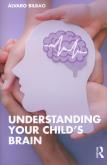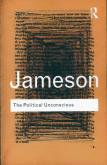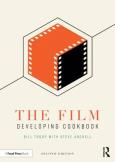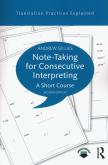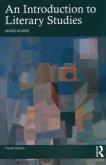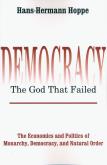Wydawnictwo Routledge
Bestsellery
Najniższa cena z ostatnich 30 dni: 39,21 zł
Najniższa cena z ostatnich 30 dni: 26,95 zł
Najniższa cena z ostatnich 30 dni: 29,10 zł
Najniższa cena z ostatnich 30 dni: 28,04 zł
Najniższa cena z ostatnich 30 dni: 26,45 zł
Najniższa cena z ostatnich 30 dni: 69,00 zł
Najniższa cena z ostatnich 30 dni: 35,90 zł
Najniższa cena z ostatnich 30 dni: 44,95 zł
Najniższa cena z ostatnich 30 dni: 33,90 zł
Najniższa cena z ostatnich 30 dni: 37,90 zł
Najniższa cena z ostatnich 30 dni: 56,73 zł
Najniższa cena z ostatnich 30 dni: 37,90 zł
Najniższa cena z ostatnich 30 dni: 29,76 zł
Najniższa cena z ostatnich 30 dni: 37,90 zł
Najniższa cena z ostatnich 30 dni: 192,57 zł



